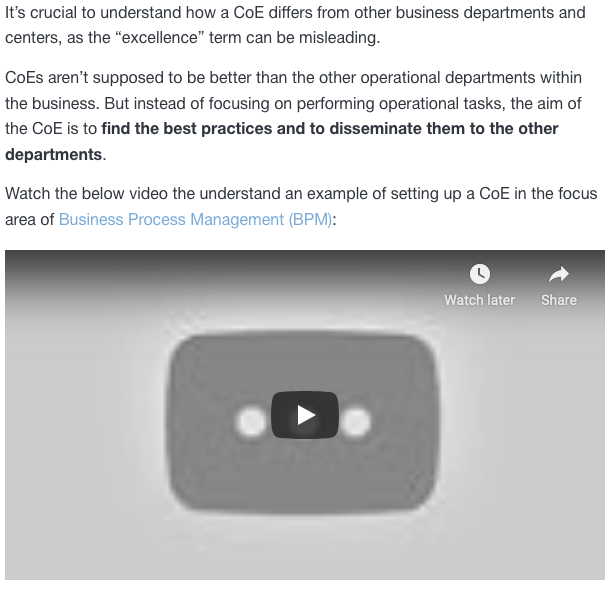Here’s a bit from a front page article from the NYT’s Sunday Business section.
I look forward to working with a true believer in Robotic Process Automation so I can better understand the perspective that leads people to talk about people like this (emphasis mine):
Jason Kingdon, the chief executive of the R.P.A. firm Blue Prism, speaks in the softened vernacular of displacement too. He refers to his company’s bots as “digital workers,” and he explained that the economic shock of the pandemic had “massively raised awareness” among executives about the variety of work that no longer requires human involvement.
“We think any business process can be automated,” he said.
Mr. Kingdon tells business leaders that between half and two-thirds of all the tasks currently being done at their companies can be done by machines. Ultimately, he sees a future in which humans will collaborate side-by-side with teams of digital employees, with plenty of work for everyone, although he conceded that the robots have certain natural advantages.
“A digital worker,” he said, “can be scaled in a vastly more flexible way.”
Why it’s interesting
The very use of the word “work” implies a human is involved, so but let’s leave the incorrect use of “worker” aside.
Bots do a single thing in a single way until they’re thrown away or refactored. They are purpose built and very very expensive to build, maintain, and update.
If you want to talk about research, development, customization, extras like encryption, data storage, security, bandwidth, and regular tuning as part of the process, all of which is done by specialist experts (i.e. Dee VUI) now it’s even more expensive.
It’s a cool marketing pitch (if you’re into, you know, our robot overlords) and I’ll thank the guy in advance for keeping us in business for when it doesn’t work and they don’t know how to fix it, but sheesh.
Why we care
I can get why you’d want to call a few hundred lines of code that call some proprietary software packages and send data to and from an API a “worker” instead of “software” if you were a primary investor in a company that sold that software and services that does this, as Kingdon does. That way you can imply that you sell something of equivalent value to abstract and emotional work.
It doesn’t though. The only way you can even call something “work” is because it requires physical, emotional, or mental labor, usually all of these in multiple ways. On the other hand, comparing people to line of code, and suggesting equivalence in value and kind, is creepy and dehumanizing.
Unpacking this a bit, it’s definitely a fact that many (most?) businesses rely on outdated machinery, processes, and practices because they invest as little as possible in maintenance, infrastructure, and upkeep. We live in a world that prioritizes short term gains, so that’s not surprising. It’s a business decision. That’s fine. If there are parts of their businesses that are inefficient and costly as a result of business decisions, it’s a ugly to characterize this as a labor problem.
Kingdon seems to want to have it both ways: He wants to call software “workers” by using a bot as a metaphor for a human in order to play up its value, but he want to to identify the value of the bot as inherently better than a human precisely because it’s not human.
Scapegoating human labor as a business problem to be solved isn’t the way forward. As AI practitioners, we should be looking to celebrate humans by maximizing the value of their contributions and diversity.
Links
https://www.nytimes.com/2021/03/06/business/the-robots-are-coming-for-phil-in-accounting.html
https://en.wikipedia.org/wiki/Robotic_process_automation
Let’s have a conversation
Let us know what you think! Write us at:
sixtyseconds@deevui.com




